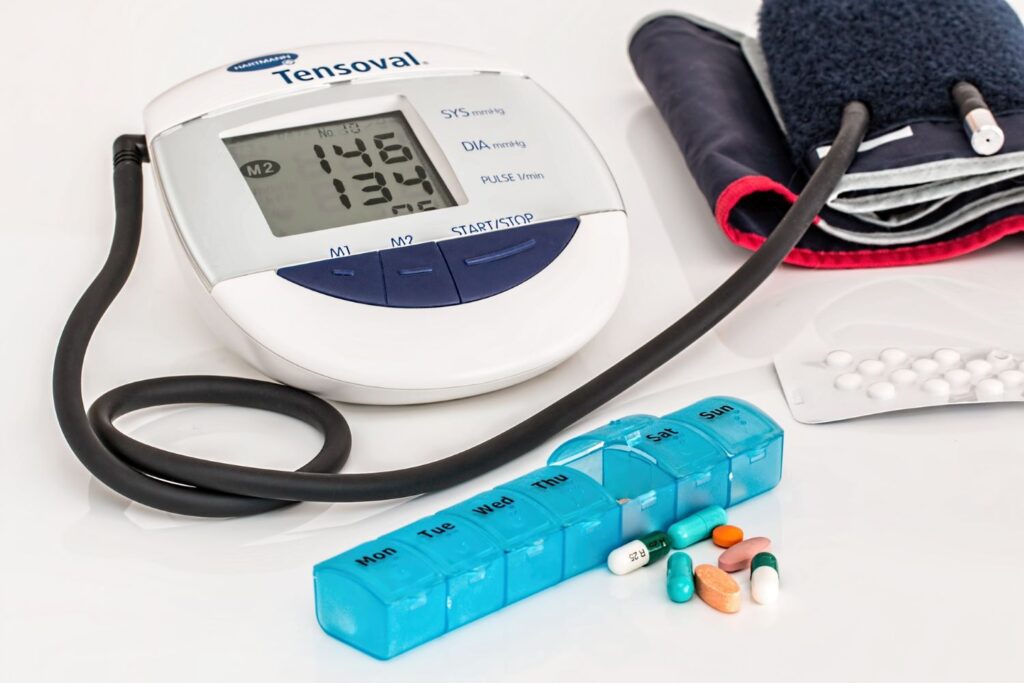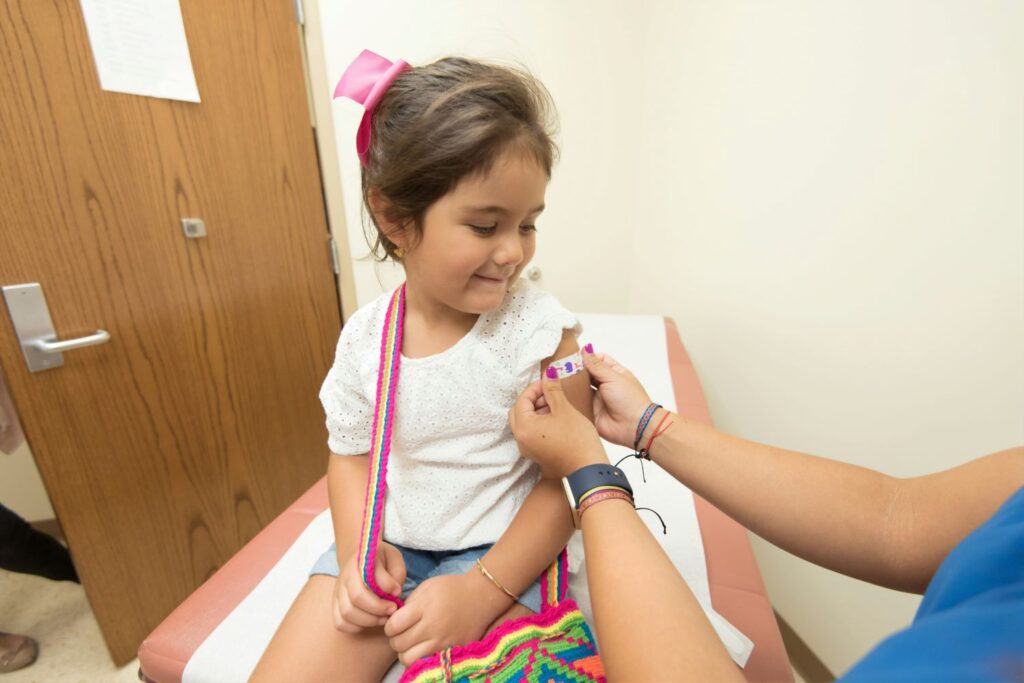How much does healthcare really cost in France? Unlike the headlines you may have read, French state healthcare is not actually completely free. Even once you’ve managed to get your famous Carte Vitale and even if you have great supplementary insurance being provided by your employer, you may still need to cover some out-of-pocket charges. So it’s essential to ensure you understand what you’ll be charged, how much you’ll get back through state healthcare coverage and whether or not your supplementary health insurance fully covers you.

How much does the French state cover of your healthcare costs?
Understanding healthcare cost in France is key to managing expenses effectively.
The French Social Security system (“Sécu“) defines a price for each treatment it reimburses. This reimbursement matrix is called La Base de Remboursement de la Sécurité Sociale (“BRSS”).
In addition to the price that each treatment should cost, the state also defines the repayment rates per type of care or treatment. In general, it refunds 70% of a care act or treatment. For example, Sécu set the BRSS for a consultation with a general practitioner at €30. You can find all the latest reimbursement rates for doctor consultations, blood tests, medication, hospitalization, and other medical expenses on the Ameli website here.
Let’s look at an example
You go to see a doctor who chooses to charge €50 for their general consultation. Sécu has fixed the BRSS at €30. Sécu will reimburse you 70% of the €30 basis defined, or €21. To mitigate potential overconsumption, Sécu charges you a €1 fee if you are over 18 years old for any healthcare treatment you receive that they cover. So actually, your reimbursement from them will be €20 rather than €21. This example leaves €30 to be paid by you for the consultation. If you have a private health insurer (mutuelle), they will reimburse you for some or all of the €30 amount you owe, based on your specific coverage plan.
Do all doctors charge the same for consultations?
No! Doctors in France can choose to practice inn one of the three different “Sectors”, each with its own pricing. Sectors 1 and 2 are said to be approved, while Sector 3 is outside the conventional system.
Sector 1
These doctors charge their patients the BRSS. You are fully refunded by Sécu minus 1€. Most general practitioners (primary care physicians) are in this category, especially outside of Paris. If you have supplementary health insurance, it will reimburse you for the part of the consultation not covered by Sécu.
Sector 2
These doctors and health practitioners set treatment prices higher than the BRSS stipulates. Most specialist doctors and many general doctors in Paris, fall into this bucket. Sécu will refund you based on the rates applicable for Sector 1 doctors, and any supplementary health insurance will cover excess fees according to a contractually defined rate – 100%, 200%, 300%, etc, of the BRSS amount.
Sector 3
These doctors can charge very high prices for their services. So, while the amount you are reimbursed by Sécu and your supplementary health insurer is the same as Sector 1 and 2, you will likely still have a very high out-of-pocket portion to cover their total cost.
If you don’t find a sector 1 doctor, and if you want to see one that is in sector 2 without spending too much money, you can check one criteria: is your doctor OPTAM or not? OPTAM stands for Option Pratique Tarifaire Maîtrisée. What you need to know is that if your doctor has signed the OPTAM, it means that they are committed to respecting an average price for treatment that won’t be too far above the BRSS. This way you are still fully reimbursed between the Sécu coverage and your health insurer.
How do you know which Sector your doctor is in? Consult this health directory on the Ameli website, where you can search by doctor’s name, speciality and location.

Who is “médecin traitant” and why should you care about having one?
So you’ve found a great doctor you like – great! Don’t forget to declare this doctor as your “médecin traitant“. This doctor is the equivalent of your family doctor or general practitioner (GP) in the UK or primary care physician in the USA.
In France, the “parcours de soins coordonnés” is a healthcare system designed to enhance the efficiency and quality of medical care while controlling costs. It requires individuals to select a primary care physician, known as the “médecin traitant,” who acts as the gateway to the healthcare system. When someone has a health issue, they must consult their médecin traitant first, who then provides referrals for specialist care or tests if necessary.
If you don’t respect these guidelines and see a specialist before seeing your “médecin traitant“, Sécu and your health insurance provider will refund you less (30% rather than the standard 70%). So choose and declare your médecin traitant to reduce your healthcare costs in France.
What is a “mutuelle” and how does it work?
A mutuelle, or supplementary health insurance, plays a crucial role in covering healthcare costs that are not fully reimbursed by Sécu. While the state provides baseline reimbursements, these rarely cover the total expense of medical treatments, especially when it comes to specialized care, hospitalization, or doctors charging above the BRSS rates.
Mutuelle plans vary widely in terms of coverage and price, so choosing the right one for your needs is essential. Here’s what a typical mutuelle might cover:
- Co-payments: The portion of medical costs not covered by Sécu (e.g., the remaining 30% for a general practitioner’s consultation).
- Excess fees: Fees charged by Sector 2 or 3 doctors above the BRSS rates.
- Hospitalization fees: This includes daily hospital charges and any extra costs.
- Specialist consultations: For example, seeing an ophthalmologist or dermatologist.
- Dental and optical care: Basic state reimbursements for these categories are often very low, making mutuelle coverage essential if you need significant dental work or glasses.
French law requires employers to provide their employees with a mutuelle plan. However, the coverage may be basic, so you might need to top up or choose a more comprehensive plan if you have specific healthcare needs.
If you’re self-employed, a freelancer, or not covered by an employer plan, you can purchase a private mutuelle directly. Costs typically range from €20 to €150 per month, depending on the level of coverage.
Is having a mutuelle worth it?
For anyone concerned about healthcare cost in France, having a mutuelle can be a financial lifesaver. While you might not use it regularly for general check-ups, it can significantly reduce your out-of-pocket expenses for unexpected health issues, specialist consultations, or major treatments. For families, a mutuelle with robust dental and optical coverage can be particularly valuable. Understanding healthcare cost in France and how mutuelle plans work can help you make informed decisions and avoid unexpected expenses.
The best complementary health insurance is the one that is right for your specific set of circumstances in terms of your needs, budge and coverage requirements.
Do you live in France? What has your experience been like with French healthcare and have you been surprised by the cost in comparison to your home country? Share in the comments below.



